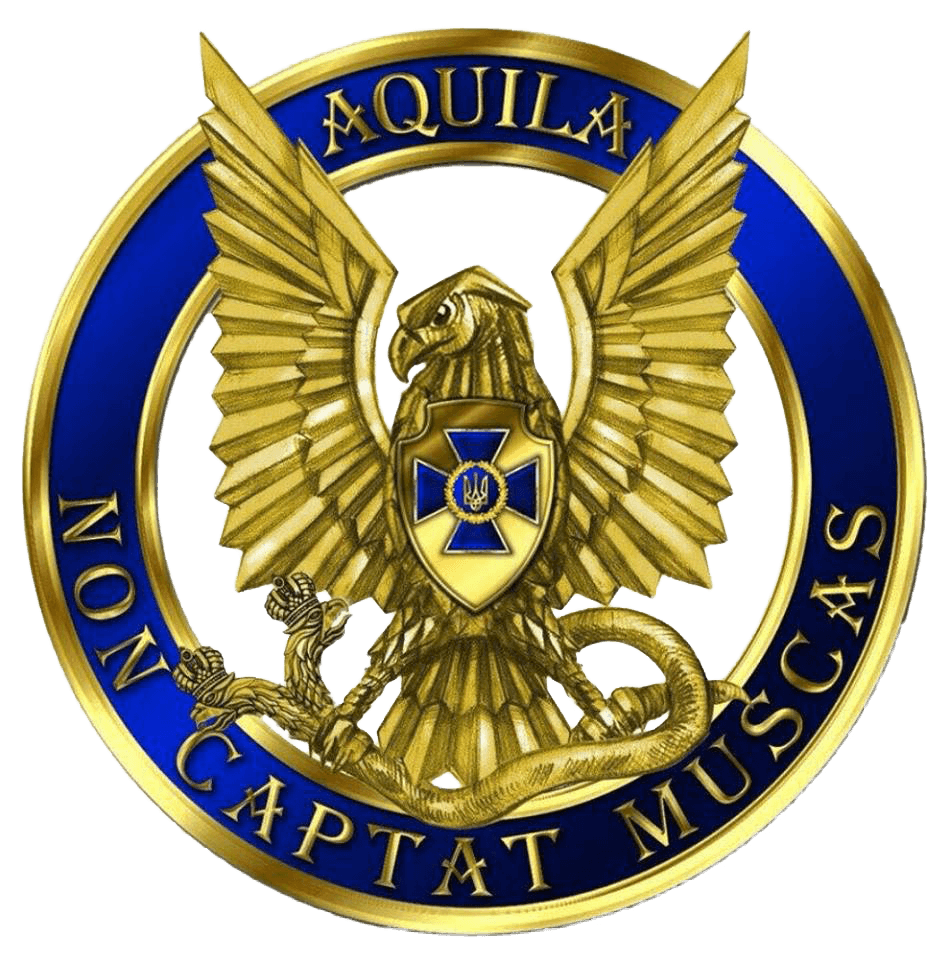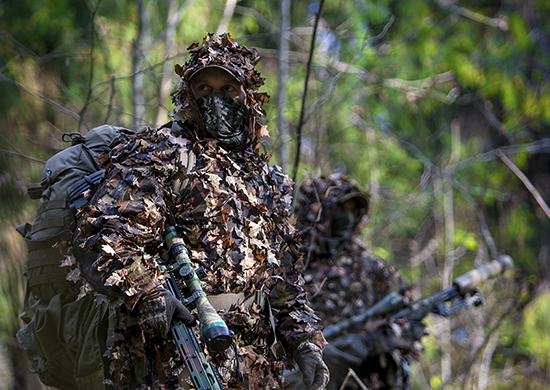|
Capture Of The Crimean Parliament
The capture of the Verkhovna Rada of the Autonomous Republic of Crimea on 27 February 2014 is an episode of the Crimean crisis in which Russian armed forces without insignias took over the Crimean Parliament Building, leading to the Russo-Ukrainian War. The Crimean Prosecutor's Office considered the incident a terrorist attack. Background In February 2014, following the 2014 Ukrainian revolution that ousted the Ukrainian President, Viktor Yanukovych, the Russian leadership decided to "start working on returning Crimea to Russia" On February 25, a pro-Russian rally organized by the Crimean Front and Cossack organizations was held outside the building of the Crimean Verkhovna Rada. The protesters shouted pro-Russian slogans and demanded separation from Ukraine by holding a referendum. Before the protesters came the Speaker of the Verkhovna Rada of the ARC Volodymyr Konstantinov, announcing the extraordinary session of February 26. The media reported that a question about th ... [...More Info...] [...Related Items...] OR: [Wikipedia] [Google] [Baidu] |
Annexation Of Crimea By The Russian Federation
In February and March 2014, Russia invaded and subsequently annexed the Crimean Peninsula from Ukraine. This event took place in the aftermath of the Revolution of Dignity and is part of the wider Russo-Ukrainian War. The events in Kyiv that ousted Ukrainian president Viktor Yanukovych on 22 February 2014 sparked pro-Russian demonstrations as of 23 February against the (prospected) new Ukrainian government. At the same time Russian president Vladimir Putin discussed Ukrainian events with security service chiefs remarking that "we must start working on returning Crimea to Russia". On 27 February, Russian troops captured strategic sites across Crimea, followed by the installation of the pro-Russian Aksyonov government in Crimea, the Crimean status referendum and the declaration of Crimea's independence on 16 March 2014. Although Russia initially claimed their military was not involved in the events, Putin later admitted that troops were deployed to "stand behind Crimea's ... [...More Info...] [...Related Items...] OR: [Wikipedia] [Google] [Baidu] |
Russo-Ukrainian War
The Russo-Ukrainian War; uk, російсько-українська війна, rosiisko-ukrainska viina. has been ongoing between Russia (alongside Russian separatist forces in Donbas, Russian separatists in Ukraine) and Ukraine since February 2014. Following Ukraine's Revolution of Dignity, Russia Annexation of Crimea by the Russian Federation, annexed Crimea from Ukraine and supported pro-Russian separatists in the War in Donbas (2014–2022), war in Donbas against Ukrainian government forces; fighting for the first eight years of the conflict also included List of Black Sea incidents involving Russia and Ukraine, naval incidents, Russian–Ukrainian cyberwarfare, cyberwarfare, and Russia–Ukraine relations, heightened political tensions. In February 2022, the conflict saw a major escalation as Russia launched a 2022 Russian invasion of Ukraine, full-scale invasion of Ukraine. In early 2014, pro-Russian Ukrainian president Viktor Yanukovych was ousted from office as a r ... [...More Info...] [...Related Items...] OR: [Wikipedia] [Google] [Baidu] |
Security Service Of Ukraine
The Security Service of Ukraine ( uk, Служба безпеки України, translit=Sluzhba bezpeky Ukrainy}) or SBU ( uk, СБУ, link=no) is the law enforcement authority and main intelligence and security agency of the Ukrainian government, in the areas of counter-intelligence activity and combating terrorism. The Constitution of Ukraine defines the SBU as a military formation, and its staff are considered military personnel with ranks. It is subordinated directly under the authority of the president of Ukraine. The SBU also operates its own special forces unit, the Alpha Group. The SBU is the successor of the Ukrainian branch of the Soviet KGB, created after the Declaration of Independence of Ukraine in 1991. The agency was negatively seen by the Ukrainian public, as they were widely regarded as corrupt and were for conducting arrests and intimidations of political dissidents. After the Revolution of Dignity, the SBU went through a restructuring with the transi ... [...More Info...] [...Related Items...] OR: [Wikipedia] [Google] [Baidu] |
Valentyn Nalyvaichenko
Valentyn Oleksandrovych Nalyvaichenko ( uk, Валенти́н Олекса́ндрович Налива́йченко; born 8 June 1966; Zaporizhia) is a Ukraine, Ukrainian diplomat and politician. On 24 February 2014, the Verkhovna Rada (Ukrainian parliament) appointed Nalyvaichenko the Head of the Security Service of Ukraine, Security Service of Ukraine (SBU), on 18 June 2015 he was relieved of the office. From December 2006 until early March 2010 he had already headed the SBU. Nalyvaichenko was placed at number 3 on the electoral list of UDAR during the 2012 Ukrainian parliamentary election.Klitschko’s UDAR approves party ticket Interfax-Ukraine (1 August 2012) He was elected into parliament. [...More Info...] [...Related Items...] OR: [Wikipedia] [Google] [Baidu] |
Russian Special Forces
Spetsnaz are special forces in numerous post-Soviet states. (The term is borrowed from rus, спецназ, p=spʲɪtsˈnas; abbreviation for or 'Special Purpose Military Units'; or .) Historically, the term ''spetsnaz'' referred to the Soviet Union's Spetsnaz GRU, special operations units of the GRU, the main military intelligence service. It also describes task forces of other ministries (such as the Ministry of Internal Affairs' ODON and Ministry of Emergency Situations' special rescue unit) in post-Soviet countries. As ''spetsnaz'' is a Russian term, it is typically associated with the special units of Russia, but other post-Soviet states often refer to their special forces units by the term as well, since these nations also inherited their special purpose units from the now-defunct Soviet security agencies. The 5th Spetsnaz Brigade of Belarus is an example of a non-Russian spetsnaz force. Etymology The Russian abbreviations ''spetsnaz'' and ''osnaz'' are sylla ... [...More Info...] [...Related Items...] OR: [Wikipedia] [Google] [Baidu] |
Refat Chubarov
Refat Abdurahman oglu Chubarov; Crimean Tatar Cyrillic: Рефат Абдурахман огълу Чубаров uk, Рефат Абдурахманович Чубаров, translit=Refat Abdurakhmanovych Chubarov (born 22 September 1957) is a Ukrainian politician and public figure, leader of the Crimean Tatar national movement in Ukraine and worldwide. Biography Chubarov was born on 22 September 1957 in Samarkand, Uzbek SSR in the family of Crimean Tatar Abduraman Seitasan oglu Chubarov (1931-2014) who was deported in 1944 by the Soviet authorities from his native village of Ay Serez (today Mizhrichia, Sudak Municipality). [...More Info...] [...Related Items...] OR: [Wikipedia] [Google] [Baidu] |
Serhiy Kunitsyn
Serhiy Volodymyrovych Kunitsyn ( uk, Сергій Володимирович Куніцин) is a Ukrainian politician from Crimea, and former veteran of the Soviet–Afghan War. Since December 2014 Kunitsyn is a member of the Ukrainian parliament as an independent politician for Petro Poroshenko Bloc.Profile page as People's Deputy of Ukraine VIII convocation at the official website of the Biography He was born on 27 July 1960 in the town of Bekdash, on the[...More Info...] [...Related Items...] OR: [Wikipedia] [Google] [Baidu] |
Ukrainian Democratic Alliance For Reform
The Ukrainian Democratic Alliance for Reform ( uk, Український демократичний альянс за реформи Віталія Кличка; the acronym UDAR ( uk, УДАР) translates to "strike" or "punch", en, Ukrainian Democratic Alliance for Reform of Vitali Klitschko) is a political party in Ukraine headed by retiredVitali Klitschko: Heavyweight champion swaps boxing for politics (67 December 2013) Ukrainian professional and the [...More Info...] [...Related Items...] OR: [Wikipedia] [Google] [Baidu] |
Mejlis Of The Crimean Tatar People
The Mejlis of the Crimean Tatar People ( crh, Къырымтатар Миллий Меджлиси - ''Qırımtatar Milliy Meclisi'') is the single highest executive-representative body of the Crimean Tatars in period between sessions of the Qurultay of the Crimean Tatar People. The Mejlis is a member institution of the Platform of European Memory and Conscience. The Mejlis was outlawed by Russia in 2016 for "the use of propaganda of aggression and hatred towards Russia, inciting ethnic nationalism and extremism in society" and listed as an extremist organization two years after the 2014 Russian annexation of Crimea. In April 2017, the International Court of Justice delivered its order on the request for the indication of provisional measures, according to which Russia must lift the ban; Russia has since ignored and refused to comply with the binding decision. History The current Mejlis was founded in 1991, to act as a representative body for the Crimean Tatars which could ad ... [...More Info...] [...Related Items...] OR: [Wikipedia] [Google] [Baidu] |
Vladimir Konstantinov (politician)
Vladimir Andreyevich Konstantinov (russian: Влади́мир Андре́евич Константи́нов, uk, Володимир Андрійович Константинов; born November 19, 1956) is a Crimean and Russian politician who has served as the Chairman of the State Council of the Republic of Crimea since 17 March 2014. He served as Chairman of the Supreme Council in the Autonomous Republic of Crimea from 17 March 2010 until 17 March 2014. On March 5, 2014, the Shevchenko District Court of Kyiv ruled on the detention of the self-proclaimed leaders Sergey Aksyonov and Vladimir Konstantinov.The court gave the green light to arrest "puppets of Putin" in Crimea |
Cossack
The Cossacks , es, cosaco , et, Kasakad, cazacii , fi, Kasakat, cazacii , french: cosaques , hu, kozákok, cazacii , it, cosacchi , orv, коза́ки, pl, Kozacy , pt, cossacos , ro, cazaci , russian: казаки́ or , sk, kozáci , uk, козаки́ are a predominantly East Slavic Orthodox Christian people originating in the Pontic–Caspian steppe of Ukraine and southern Russia. Historically, they were a semi-nomadic and semi-militarized people, who, while under the nominal suzerainty of various Eastern European states at the time, were allowed a great degree of self-governance in exchange for military service. Although numerous linguistic and religious groups came together to form the Cossacks, most of them coalesced and became East Slavic-speaking Orthodox Christians. The Cossacks were particularly noted for holding democratic traditions. The rulers of the Polish-Lithuanian Commonwealth and Russian Empire endowed Cossacks with certain spe ... [...More Info...] [...Related Items...] OR: [Wikipedia] [Google] [Baidu] |
Crimean Front
The Crimean Front ( uk, Кри́мський фронт, Krýms’kyj front) was one of the Red Army fronts of World War II, which existed from January-May 1942. Composition It was commanded throughout its existence by Dmitr Timofeyevich Kozlov, and was made up of * 44th Soviet Army (Stepan Chernyak), * 47th Soviet Army ( Konstantin Kolganov), * 51st Soviet Army (Vladimir Lvov). It also had operational control over * the North Caucasus Military District, * the Black Sea Fleet, * the Sevastopol Defence Region (still under siege), * the Azov Flotilla, * the Kerch Naval Base. Actions It was formed on 28 January 1942 by splitting the Caucasian front and included the armies then in the Kerch and Taman peninsulas and the region of Krasnodar, along with operational control over other forces. It was tasked with assisting the troops of Sevastopol Defence Area, striking at Karasubazar and threatening the rear of the Axis forces blockading Sevastopol. Its troops went ... [...More Info...] [...Related Items...] OR: [Wikipedia] [Google] [Baidu] |




